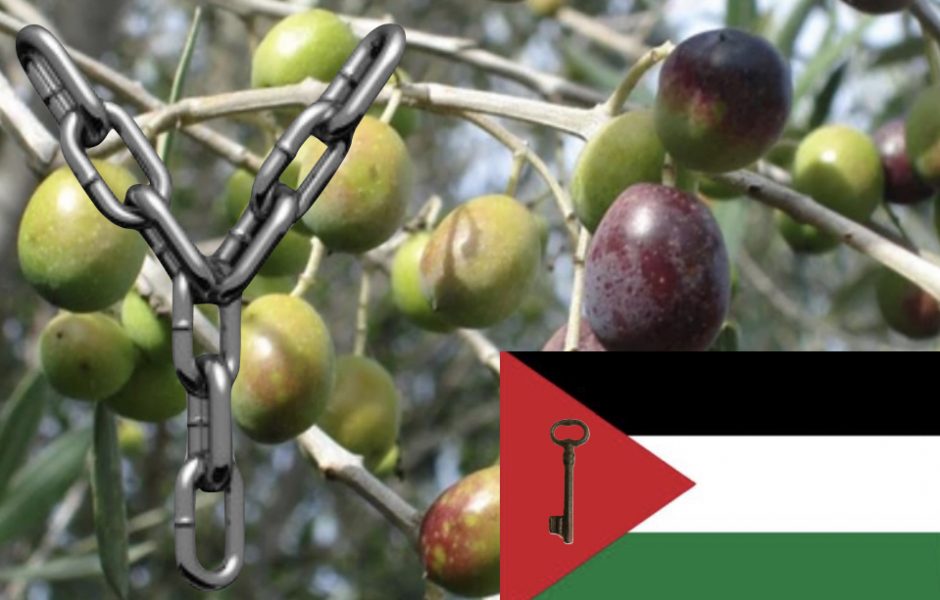Phalapoem 21/11/25

In every chapter of modern history, one fundamental principle has guided the international community’s moral compass: an oppressed people’s struggle for dignity cannot be equated with the deliberate machinery of oppression itself. When we ask, “Who should be condemned—the occupier with apartheid policies or the people living under a brutal illegal occupation?” we are really asking a deeper question: Where does responsibility lie—on those who impose systemic injustice or on those who suffer under its weight?
1. International Law Is Unambiguous: Occupation Imposes Responsibility on the Occupier
Under the Fourth Geneva Convention, the Hague Regulations, and over 30 UN Security Council resolutions, the occupying power holds the primary legal and moral responsibility for the conditions under occupation.
Key obligations include:
• Protecting the civilian population living under occupation
• Prohibiting collective punishment
• Refraining from annexation or demographic engineering
• Respecting freedom of movement, political expression, and economic life
When an occupier instead implements apartheid structures, violates international law, and enforces a system of domination and segregation, condemnation becomes not political rhetoric but a legal requirement.
2. Apartheid Is a Crime of Power—Not a Response to Powerlessness
Apartheid, as defined in the Rome Statute and the International Convention on Apartheid, is the systematic oppression of one group by another with the intent to maintain domination. It is institutional, structural, and rooted in coercive control.
People living under occupation do not design checkpoints, build walls, confiscate land, demolish homes, deny freedom of movement, or restrict water, borders, and airspace.
They do not:
• Control a military apparatus
• Dictate the legal structure
• Possess sovereignty
• Create the policies that define daily life
Apartheid is not a spontaneous reaction of the oppressed; it is a policy of the powerful. Condemnation must logically rest on those who construct, expand, and enforce such a system.
3. Resistance vs. Oppression: The False Equivalence
Throughout history—from Algeria to Ireland, from South Africa to India—occupying powers have attempted to equate the resistance of the oppressed with the violence of the oppressor.
This is a well-documented strategy:
• Criminalize dissent
• Label all forms of resistance as extremism
• Justify harsher control
• Shift attention away from systemic abuses
But moral analysis requires context. A population denied basic rights for generations does not operate from the same position as a state with an army, an economy, and full international recognition.
Condemning those living under occupation for resisting is like condemning prisoners for struggling against their jailer while ignoring the existence of the prison itself.
4. Human Rights Are Universal—But Violations Are Not Equal
No one is above criticism. Individuals under occupation can commit crimes, and these must be condemned individually.
But equating such acts with the systematic, state-sponsored, decades-long violation of an entire population’s rights is intellectually dishonest.
A violent act committed by an individual cannot be compared to:
• Institutionalized segregation
• Indefinite military rule
• Land annexation
• Displacement and settlement expansion
• Denial of civil rights
• Collective punishment
• Blockades and sieges
. Genocide and starvation
One is episodic and personal; the other is structural and intentional.
5. The Real Question: Who Holds the Power to End the Suffering?
People under occupation do not have the political power, military capacity, or legal authority to end the conflict.
Only the occupier holds:
• Territorial control
• Military dominance
• The power to lift restrictions
• The ability to negotiate borders
• The authority to dismantle apartheid structures
Responsibility for ending injustice lies with the one who creates and maintains the system, not the one who survives it. People of the occupying power are responsible for their choice of keeping their superiority and dominations. They can choose other means of ending their oppression.
6. History’s Verdict Is Clear
History judges empires, not the people they colonized.
It judged:
• Apartheid South Africa, not Black South Africans
• British colonial rule in India, not Indians seeking freedom
• French rule in Algeria, not Algerians under occupation
And it will judge modern occupations with the same clarity.
When deciding who bears moral and legal responsibility, the answer is unequivocal:
Condemnation belongs to the occupier that imposes fascist and apartheid policies and violates the fundamental rights of an entire population, not to the people living under a brutal illegal occupation.
To condemn the oppressed for resisting is to demand that they accept injustice quietly.
To condemn the occupier is to uphold international law, historical precedent, and the universal values of human dignity.

Simple and right 👍
Occupation of Palestine will definitely end sooner or later.. its reliance on American muscles